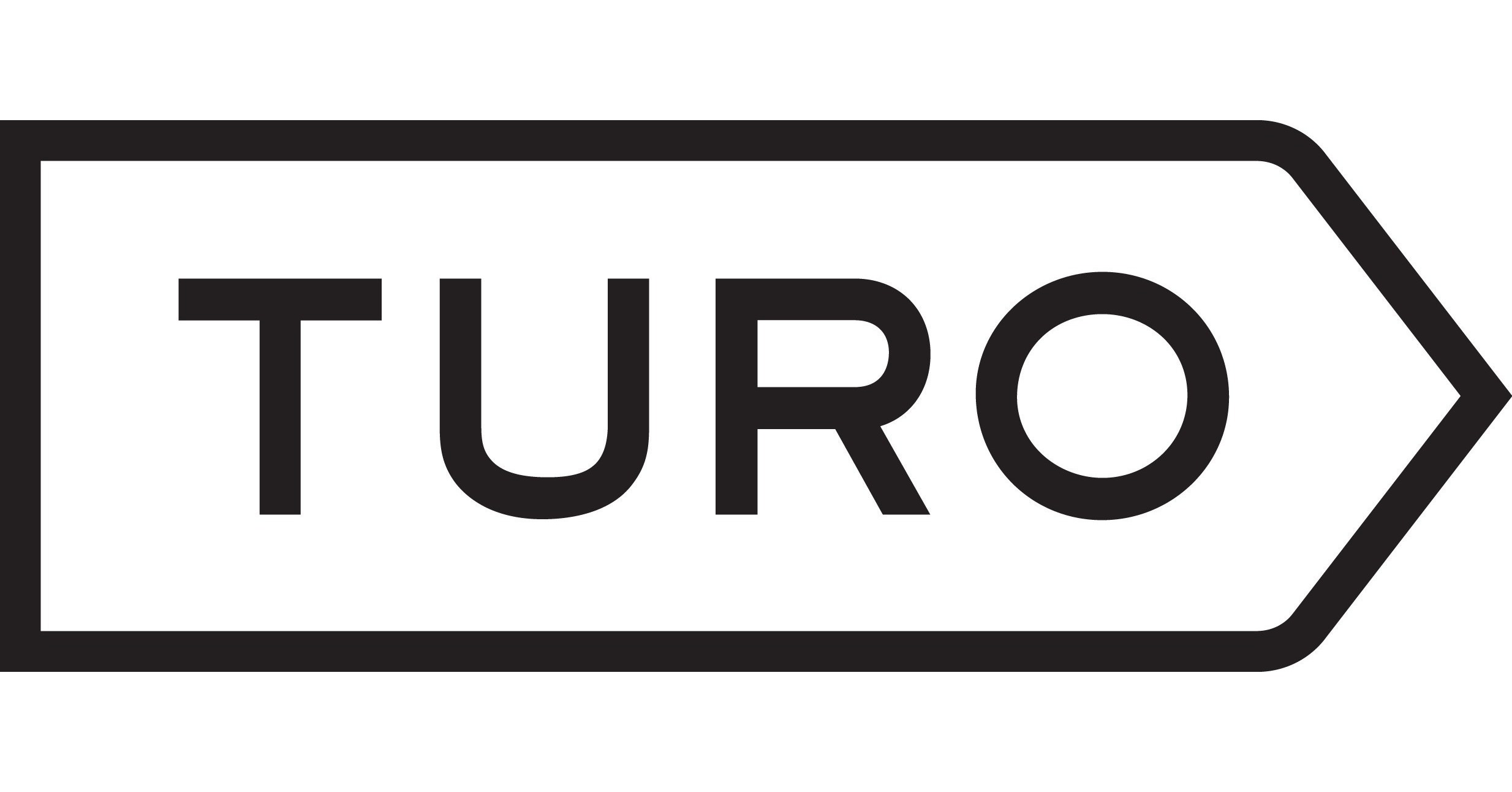
What Do We Know About the Turo IPO?
Turo Inc., a leading player in the car-sharing industry, is reigniting its ambitions to become a publicly traded entity. Having previously filed for an initial public offering (IPO) and momentarily pausing its efforts, Turo is now gearing up for a potential listing as early as the middle of the year.
The company, often likened to Airbnb for cars, operates by connecting car owners with short-term renters. With significant investors like IAC/InterActiveCorp, August Capital, and Canaan Partners backing it, Turo is positioned as a major contender in the evolving landscape of shared mobility.
What is Turo?
Founded in 2009 and initially known as RelayRides, Turo rebranded to its current name in 2016. The platform allows car owners (hosts) to rent out their vehicles to others (guests), offering an array of car types, including luxury and exotic models.
Turo operates across multiple countries, including the US, UK, Canada, Australia, and France, and prides itself on being Carbon Neutral Certified. Despite not being profitable yet, Turo's substantial customer growth and commitment to achieving profitability paint a promising picture.

Source: Turo
How Much is Turo Worth?
Turo's last known valuation in 2019 stood at approximately $1.2 billion. However, recent movements and preparations for an IPO, coupled with substantial revenue growth, suggest a notable increase in valuation.
Predictions place Turo's current valuation at around $2.7 billion, signaling a significant growth trajectory since its last valuation.
Is Turo Profitable?
As of the latest reports, Turo is not yet profitable but has demonstrated a strong commitment to reaching profitability.
The company's impressive revenue growth, from $469 million in 2021 to $746.6 million in 2022, and a substantial increase in active vehicle listings, indicate a robust business model with the potential for future profitability.
What is Turo’s Business Model?
Turo's business model is centered around a peer-to-peer car-sharing platform. It generates revenue through various fees, including listing fees from hosts, commissions from rental transactions, protection fees, insurance coverage charges, and additional fees for services like extra mileage, delivery, and pickup.
While the platform has historically been unprofitable, its growing adoption and positive market sentiment point towards a potentially promising future.
Who are Turo’s Competitors?
Turo faces competition from both direct and indirect players in the car-sharing and rental market. Key competitors include SnappCar, Zipcar, HyreCar, BlaBlaCar, Uber Rentals, Lyft Rentals, Hertz Corporation, Enterprise Holdings, and GIG Car Share, among others. The competitive landscape demands continuous innovation and compelling value propositions to retain customer loyalty and market share.
Who Owns Turo?
Turo is backed by a consortium of investors, including IAC/InterActiveCorp, August Capital, Canaan Partners, G Squared, Shasta Ventures, and GV Management Co. These stakeholders have collectively supported Turo's growth and strategic direction, propelling it towards the upcoming IPO. As Turo transitions from a private to a public entity, the dynamics of ownership and investment are set to evolve further.
-- Written by Matt Weller, Global Head of Research
Follow Matt on Twitter: @MWellerFX










